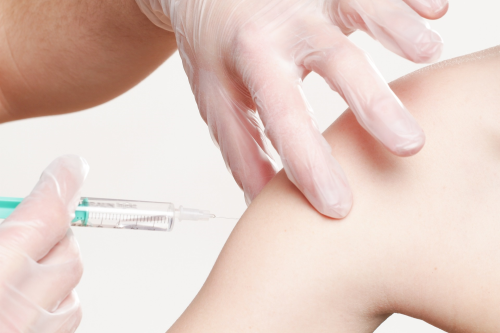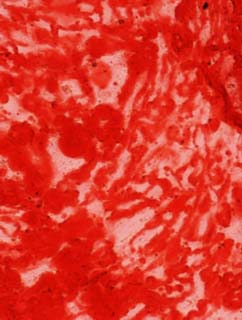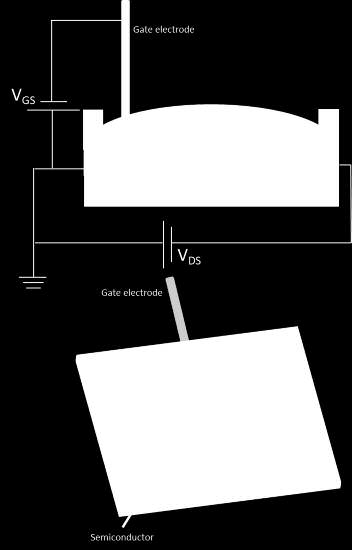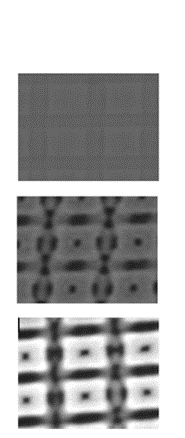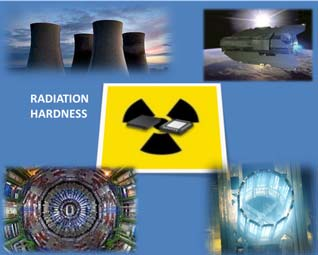Summary of the technology
New vaccine candidate against SARS-CoV-2 based on MVA vector. CSIC has developed a vaccine candidate based on a modified Vaccinia virus Ankara (MVA) vector, that contains a codon-optimized gene sequence encoding the Spike protein of SARS-CoV-2 coronavirus.
This vaccine prototype can elicit a strong immune response in a mammal against COVID-19, according to their in vivo murine and hamster model assays.
Industrial partners from the pharmaceutical industry are being sought to collaborate through a patent licence agreement.
An offer for Patent Licensing
Effective vaccine eliciting strong immune response in rodents
Vaccination The emergence of coronavirus SARS-CoV-2 (severe acute respiratory syndrome coronavirus 2) and its high impact on global health have made imperative the development of safe and effective vaccines for this virus, the causal agent of COVID-19 disease.
CSIC researchers have developed an MVA-based vaccine that induces a strong immune response against SARS-CoV-2 through strategies leading to a better expression of the antigen, that leads to an increased immunization.
They have achieved a high expression of the antigen through the use of strong synthetic promoters, and an optimization of the gene sequence based on the use of alternative synonymous codons and introduction of mutations that stabilize the protein.
Main innovations and advantages
- There are some authorized human vaccines based on MVA.
- Robust potency of the vaccine based on the MVA vector, use of strong promoters and gene design.
- In immunogenicity assays, Balb/c mice were inoculated with 2 doses of the vaccine, where
- IgM and IgG were significantly increased.
- K18-hACE2 transgenic mice were vaccinated by the intramuscular route with two inoculations of the vaccine and then infected with a lethal dose of
- · SARS-CoV-2 intranasally. Complete protection from body weight loss and from death in animals vaccinated were achieved accompanied by a dramatic decrease of virus titers in lungs and brain.
- In Syrian hamsters, the results showed complete absence of lung lesions in animals vaccinated and undetectable levels of virus by day 4 in nasal turbinates and lungs, indicating an effective protection.
- The isolation procedure facilitates the update of the vaccine for new SARS
- CoV -2 va riants in weeks .
Intellectual property status
- Granted Patent
- Patent application number :-
Related Keywords
